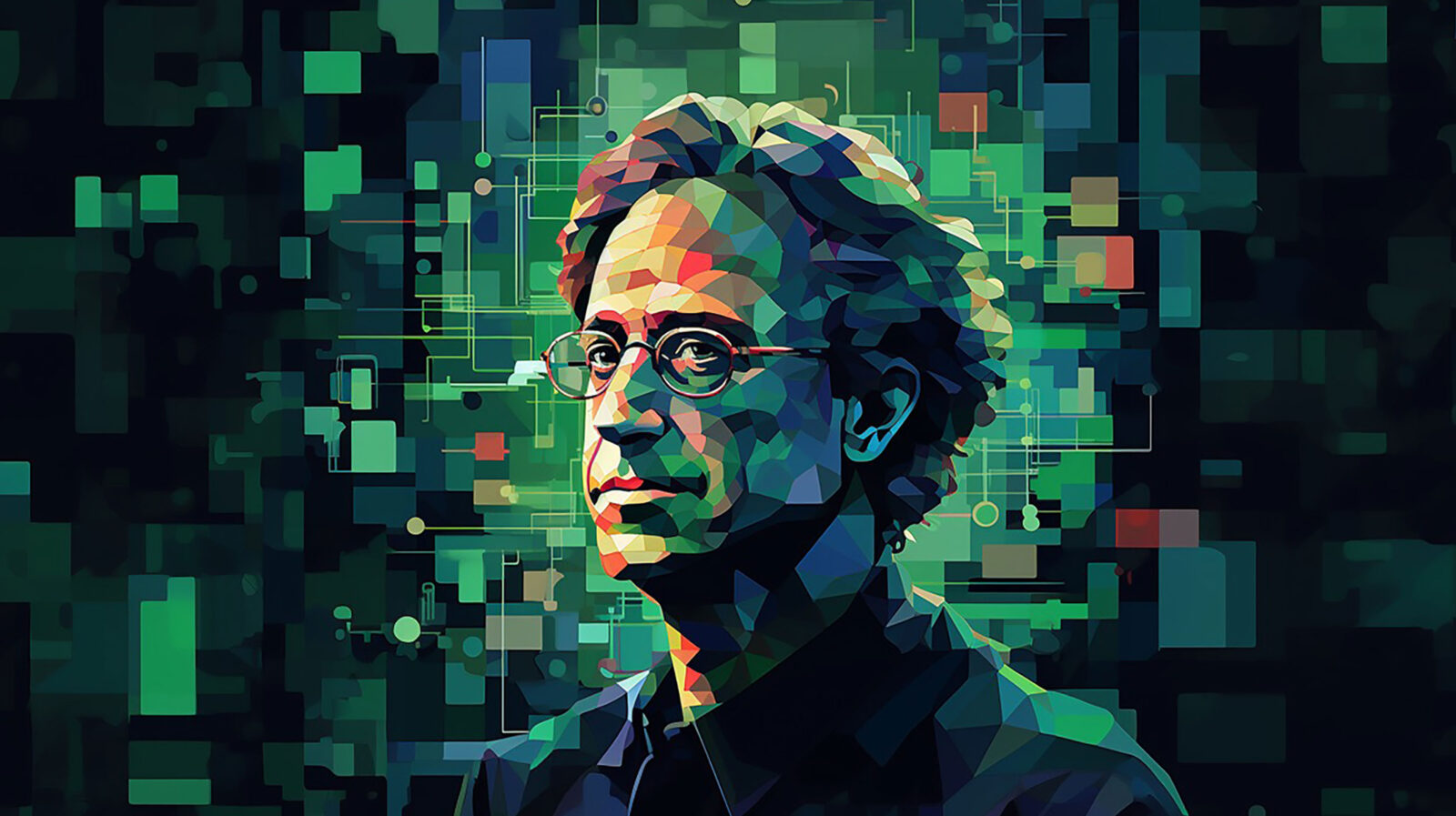Ray Kurzweil has been described as “the restless genius” by The Wall Street Journal, and “the ultimate thinking machine” by Forbes. Inc. magazine ranked him #8 among entrepreneurs in the United States, calling him the “rightful heir to Thomas Edison,” and PBS selected Ray as one of 16 “revolutionaries who made America,” along with other inventors of the past two centuries. He is considered one of the world’s leading inventors, thinkers, and futurists, with a 30-year track record of accurate predictions.
Kurzweil was the principal inventor of the first CCD flatbed scanner, the first omni-font optical character recognition, the first print-to-speech reading machine for the blind, the first text-to-speech synthesizer, the first music synthesizer capable of recreating the grand piano and other orchestral instruments, and the first commercially marketed large-vocabulary speech recognition.
Kurzweil is the recipient of the acclaimed MIT Lemelson Prize, the world’s largest for innovation. In 1999, he received the National Medal of Technology, the nation’s highest honor in technology, from President Clinton in a White House ceremony. And in 2002, he was inducted into the National Inventors Hall of Fame, established by the U.S. Patent Office.
He has received 20 honorary doctorates, and honors from three U.S. presidents. Kurzweil has authored 7 books, 5 of which have been national bestsellers. The Age of Spiritual Machines has been translated into 9 languages and was the #1 best-selling book on Amazon in science.
Ray Kurzweil’s book, The Singularity Is Near, was a New York Times best seller. His latest New York Times best seller is How to Create a Mind: The secret of human thought revealed.
This website tracks breakthroughs in science and technology and has 3 million readers annually.
In 2012, Ray Kurzweil became a Director of Engineering at Google at Google — heading up a team of engineers developing machine intelligence and natural language understanding.
